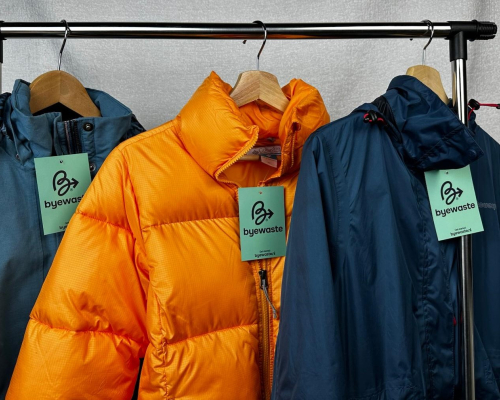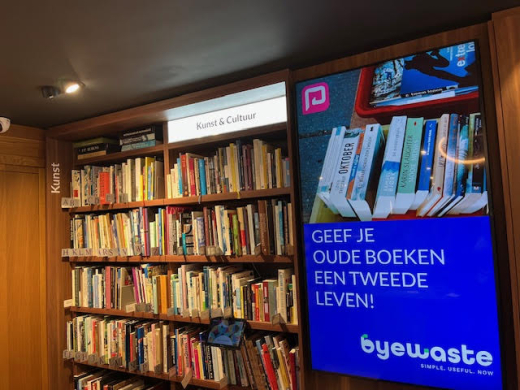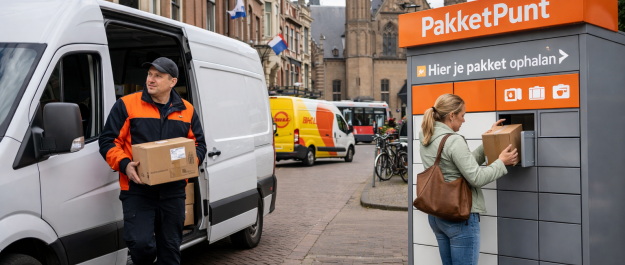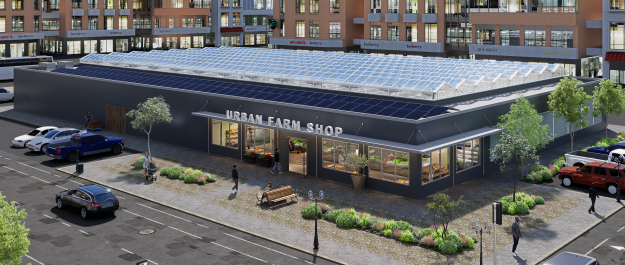In new partnerships with Bookstore Paagman The Hague, Decathlon and Bever, circular platform ByeWaste returns the items to where they came from. From clothing and books to gear and gadgets, these local favorites will now reintroduce pre-loved items directly into the shelves of it’s second hand department, where waste becomes a resource.
Circularity made simple
The programme is designed to be as accessible as possible. Anyone with, say, two good-quality sports trousers or a barely used book can book a pick-up via ByeWaste. The items are collected from their homes and returned to the original store, where they are given a second chance and resold on site.
Using ByeWaste’s smart tracking technology, customers can follow what happens to their items – creating full transparency from doorstep to display. And if the items are no longer in good enough condition to be resold, ByeWaste will find them another destination to avoid waste.
“With every piece of sports equipment we give a second life, we help make reuse a normal practice. This collaboration with Byewaste enables us to further expand our ‘Second Life’ range in our stores with second-hand sports, outdoor and winter clothing. Alongside offering high-quality products at an attractive price, this marks another step in building a scalable circular ecosystem, together with partners such as Byewaste.”
Pioneering a new era of in-store second-hand retail
This initiative started with The Hague’s famous Bookstore Paagman and marked a significant step forward for the participating retailers. Decathlon, Paagman and Bever are not only reducing waste, but also offering new value to customers. By embedding second-hand sales directly in-store, circularity becomes the norm rather than the exception.
“Books deserve a second life – and sometimes even a third. With this collaboration, we can continue giving value to stories, even after they’ve found their first reader.”
To support further development and roll-out of the programme, ByeWaste has received an investment from SpinVentures, an impact-driven fund focused on circular innovation. This support will allow ByeWaste to expand its reach within the Netherlands and Europe and help more retailers and residents turn waste into value. “We believe the shop of the future doesn’t just sell – it also collects, revalues and returns. And it all started in The Hague with Paagman" – Tommaso Troiani, CEO ByeWaste.
Turning today’s waste into tomorrow’s resources
The reality of waste management nowadays is sobering, as only 15% of household items are recycled. The rest of 85% of discarded household goods - whether they’re electronics, textiles, or other items - end up in landfills, are incinerated, or face inefficiencies in how materials are recycled. This not only wastes valuable resources but also contributes to environmental degradation, with increasing CO₂ emissions and longer product lifecycles exacerbating the problem. However, this is the moment when Byewaste comes in.
By creating a scalable and efficient reverse logistics solution, the company intercepts valuable materials before their worth diminishes, offering a different approach to recycling and waste management. Through convenient doorstep collections, Byewaste captures second-hand goods, e-waste, textiles, and more - ensuring every material is tracked, repurposed, or recycled through the right channels.
About Paagman The Hague
Paagman is the largest bookstore in The Hague, but not just any bookstore - stepping into Paagman is an experience. From new and second-hand books to a good cup of coffee with cake, from music, films and postal services to everything for the office. Online and offline, private and business, Paagman also organises special events with authors and musicians.
Read more

How we play sustainability
DECATHLON commits to reach net-zero greenhouse gas emissions across the value chain by 2050.

Sustainability in the outdoor industry: Interview with Bever
Read the full interview with Christian de Jong, Manager Innovation & Sustainability at Bever here.
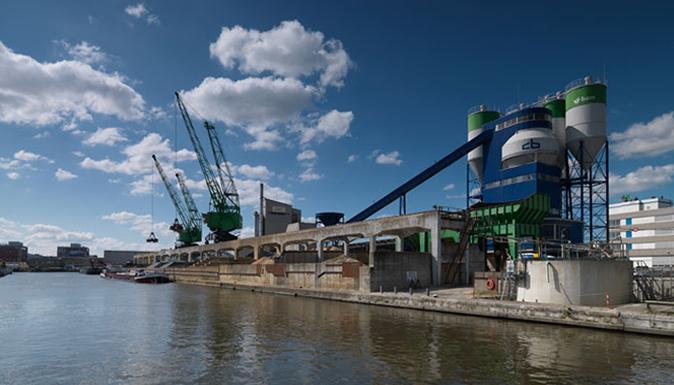
Circular City Development: Insights from the Binckhorst area
In 2016, the Dutch government set the ambition for the economy to be circular by 2050. The underlying goal is to ensure that there will be sufficient resources for current and future generations. This ambition, set by the government has made circular city development increasingly important. What is circular city development and what do we need to make this possible?
